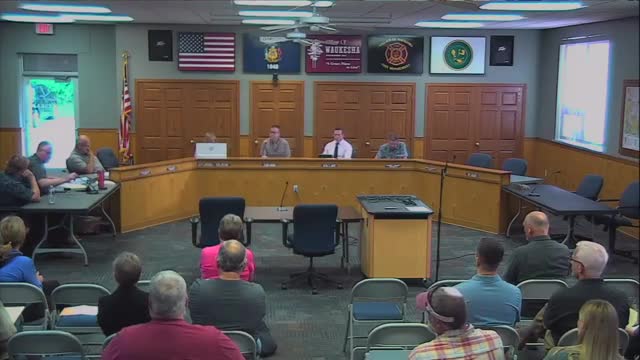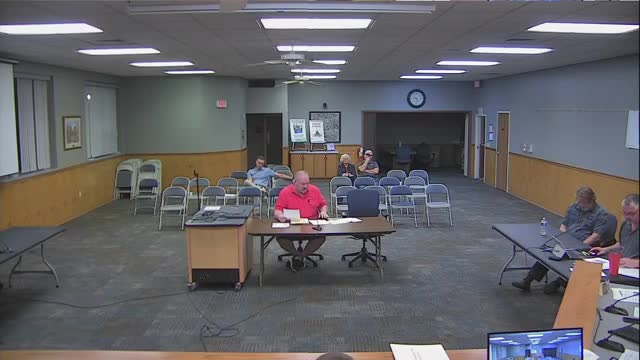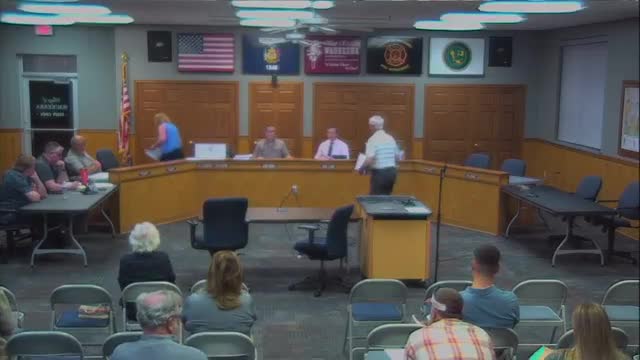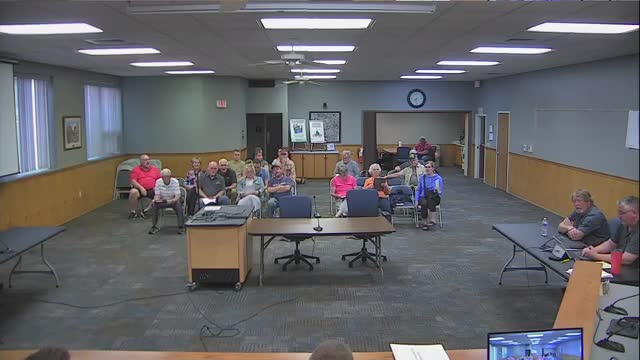Article not found
This article is no longer available. But don't worry—we've gathered other articles that discuss the same topic.

Village assessor presents market-update revaluation showing average 41% residential increase; board receives assessment roll

Board reduces assessment for Marcel Drive property after ruling 2.25 acres are in protected environmental corridor

Board reduces assessment for Glendale Road property after owner cites train-horn impacts; land portion cut

